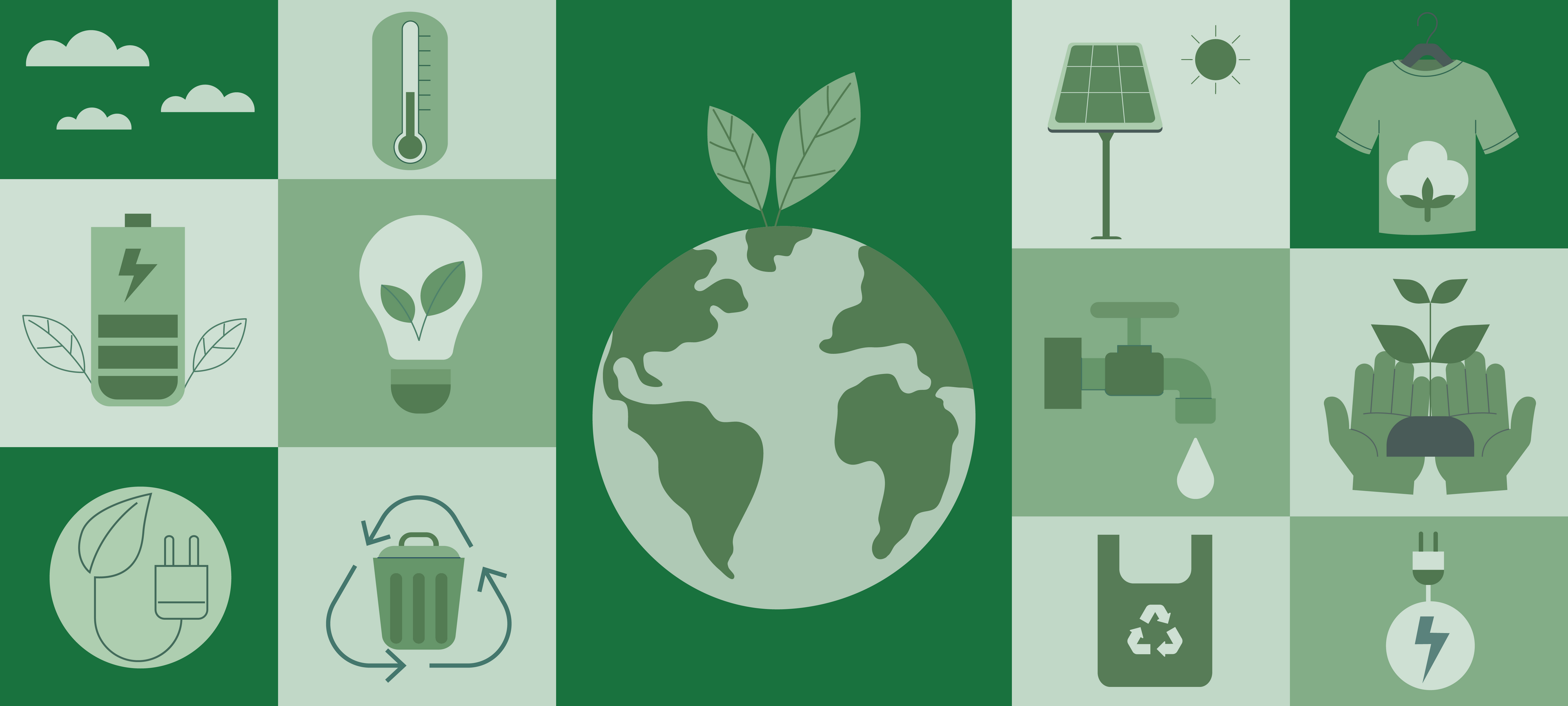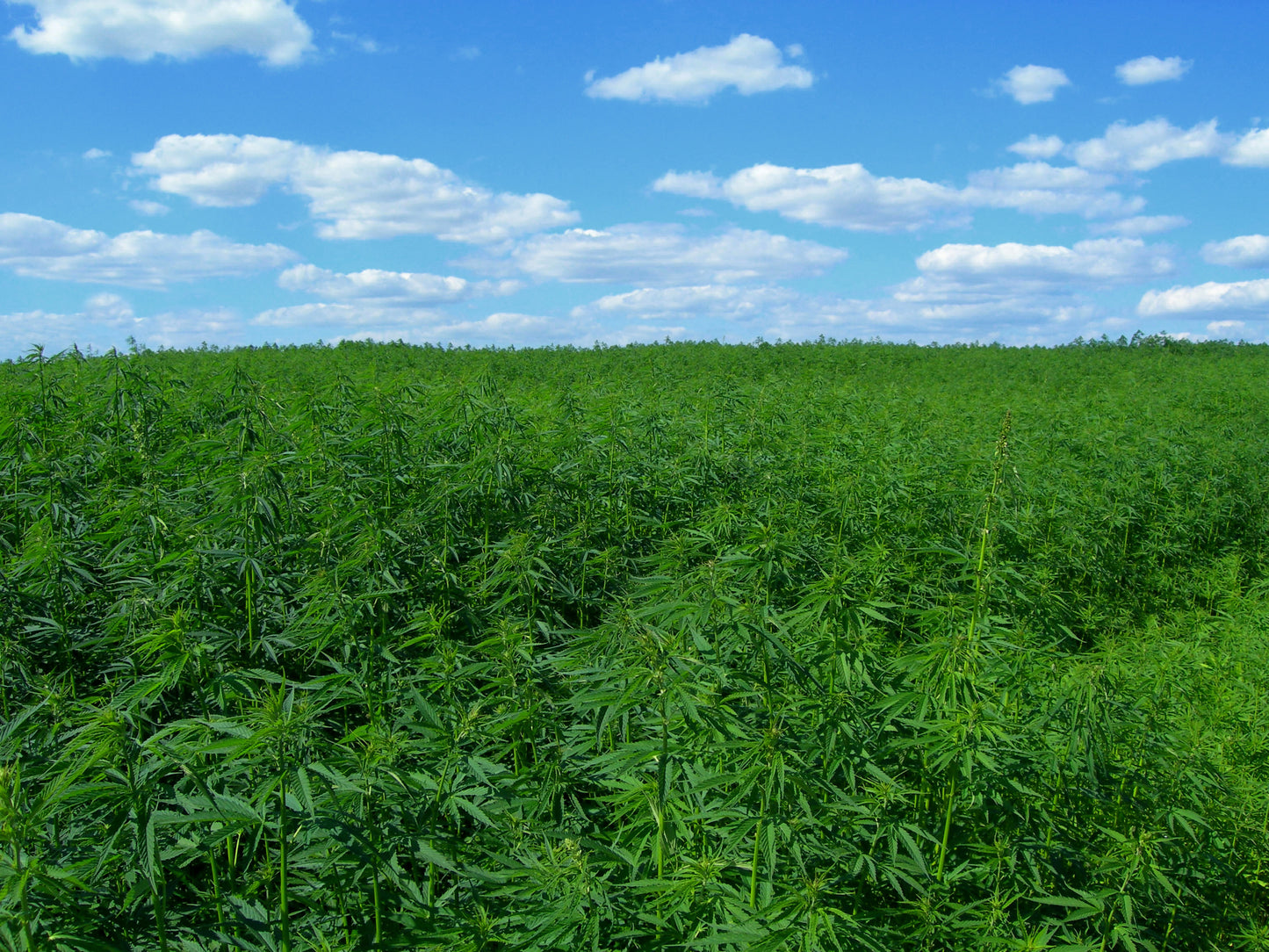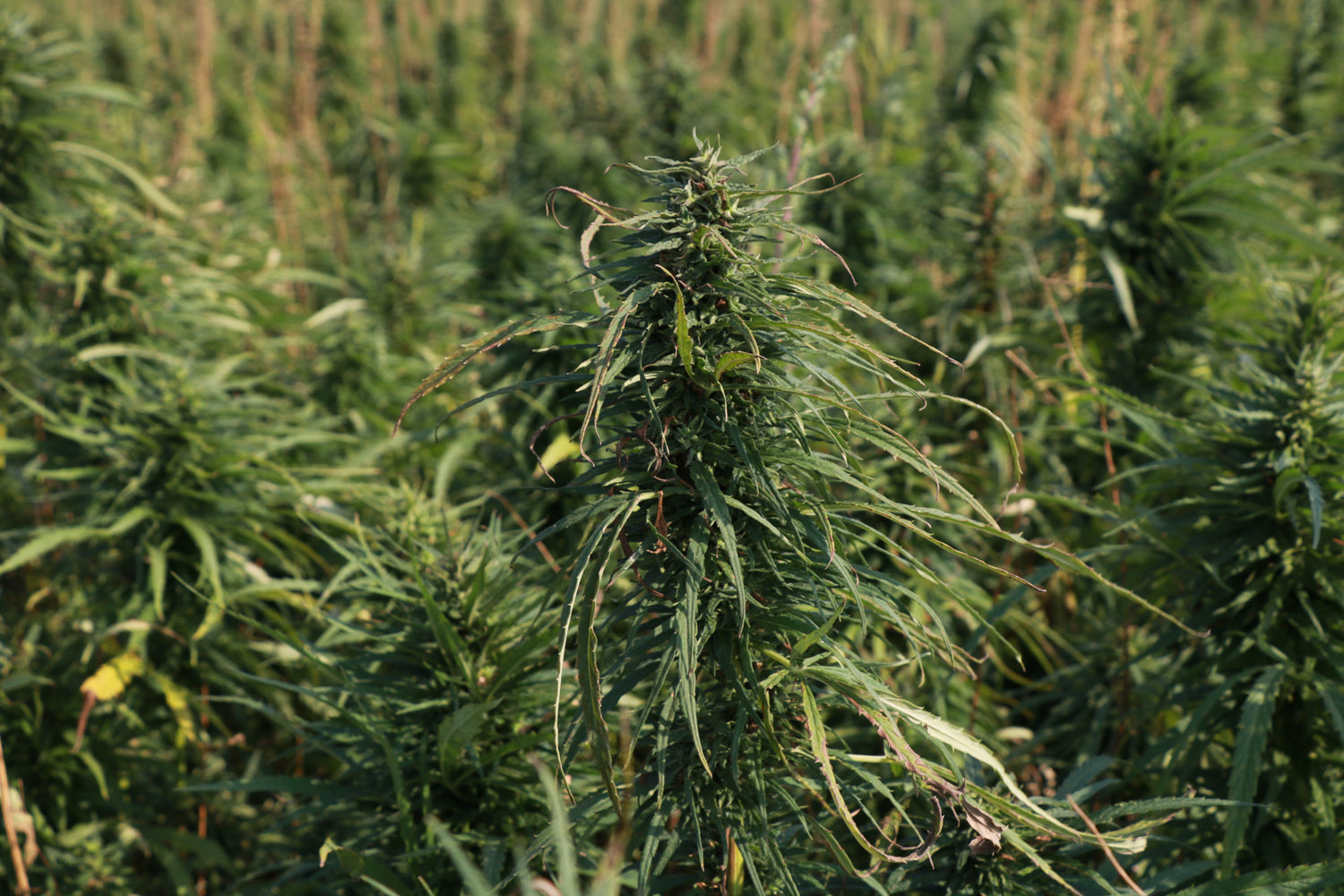
BUY CARBON REMOVAL CREDITS
Power Your Company's Sustainability Journey: Elevate Your Corporate Reputation and Brand Value with Hemp Carbon Removal Credits. Embrace a Greener Future
HEMPALTA
Rolling Hills 2
Rolling Hills 2
480 in stock
Forward Credits
Buying forward credits allows buyers to lock in today’s pricing for the future delivery of carbon credits. You will be charged 50% of the total cost now, with the balance due when the credits are validated and issued as carbon certificates.
Couldn't load pickup availability


Alberta, Canada
Rolling Hills
A Family-Owned Hemp Farm in Rolling Hills, AB: Established in 2009, this family-owned farm has been actively cultivating hemp since 2015 and is currently tending to almost 500 acres of hemp for the 2023 harvest.
Commitment to Sustainability: The farm has taken a significant step towards sustainability by registering with the Hemp Carbon Standard. This pioneering program employs advanced quantification methods, including remote sensing technology, to accurately measure CO2 sequestration in the biomass and roots of the hemp plant. The Hemp Carbon Standard is purposefully designed to harness the immense potential of industrial hemp as a natural climate solution.




